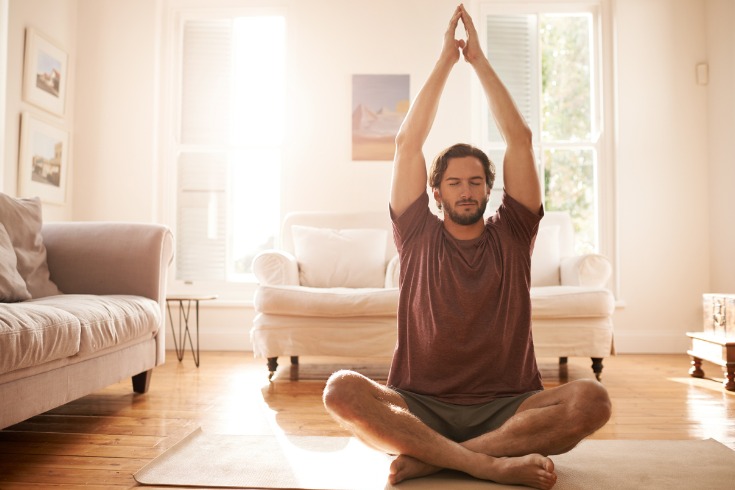
Anxiety is a part of our fight or flight response. Many workers can harness low levels of anxiety to perform at their best, but for some, anxiety is a crippling affliction.
One in five Australians (21%) have taken time off work in the past 12 months because they felt stressed, anxious, depressed or mentally unhealthy.
Work-related anxiety is the stress caused by work that leads to anxiety. Without proper management, a person with work anxiety can develop panic disorders, social anxiety disorders and phobias. Anxiety doesn’t just take its toll on us mentally, it can also have a physical impact. Anxiety can cause a lack of concentration, depression, panic attacks, headaches and irritability. The physiological effects can include breathing problems, upset stomach, heart palpitations, loss of libido, increased blood pressure, fatigue and muscle aches and pains.
Causes of Work-Related Anxiety
Work is a source of anxiety for a variety of reasons. The major causes of anxiety include:
The increase in people working from home has caused anxiety for some workers because of:
Tips for Managing Work Anxiety
There are plenty of simple changes you can make to your daily routine to manage your anxiety.
Take a Break
If you can feel yourself becoming anxious, it’s best to take a break and rebalance your thoughts. It’s unlikely you will be at your productive best when you’re suffering from anxiety, so stop working and have a rest. Stepping away from the computer and going outside can help you recover and refocus.
Do Some Exercise
You don’t need to spend an hour doing a strenuous workout to beat anxiety. Just five minutes of aerobic exercise can stimulate anti-anxiety effects. Physical activity produces endorphins which act as a natural painkiller. Getting the blood circulating delivers oxygen and nutrients to the brain, helping it function and possibly find a solution to a problem.
Write Out a List
If your workload is causing you anxiety, write out a to do list of tasks. According to university professors, putting it on paper frees you from distracting anxiety and allows you to resume productivity. You don’t need to worry about forgetting a task or wondering what you need to do next.
Rank the list into the most urgent and most important tasks then set about doing each one and crossing them off. You’ll feel a sense of accomplishment as you move through your list.
Forget Multitasking
When you feel under pressure to get through it all, the temptation is to multitask. But research shows you can achieve more by giving your full attention to one task at a time and finishing it. Frequent multitaskers are less likely to recall information and be able to switch to the next task.
Get Organised
It might not seem like a priority, but cleaning your desk can help reduce your anxiety. If the piles of papers and messy digital folders are part of the problem, spending some time cleaning up can pay dividends.
Make sure you practice time management, so you prioritise the most important work and give yourself enough time to complete each task. Bundling similar tasks together can save valuable work time and can be less taxing on the brain.
Be Healthy
Fuelling our bodies with nutrients can help with anxiety and stress. Eating a healthy diet; including whole grains, vegetables and fruit are better than simple carbohydrates and sugar for people suffering anxiety. Carbohydrates cause spikes in blood sugar levels while an even blood sugar level creates a calmer feeling. Cutting back on caffeine and alcohol and getting plenty of sleep can also help. A healthy body and mind can help you deal with challenging situations. Check out our list of 7 of the best quick and healthy lunch ideas here!.
Access Resources
If work anxiety is interfering with your day to day life, it’s important you seek professional help. Contact an experienced psychologist at PeopleSense by Altius on 1300 307 912 or (08) 9388 9000, contact us online or a national counselling organisation.
Beyondblue 1300 22 4636
Lifeline 13 11 14
MensLine Australia 1300 78 99 78
Kids Helpline 1800 55 1800
Open Arms Veterans and Families Counselling 1800 011 046